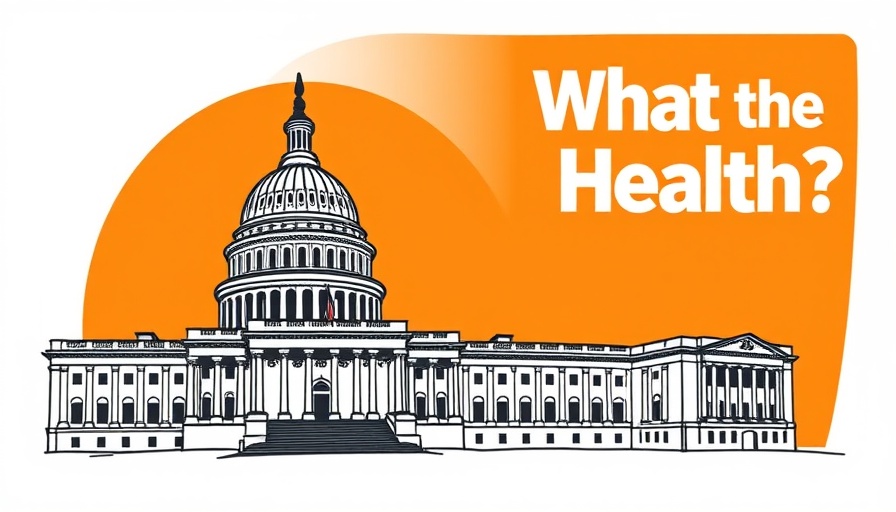
Future Implications of GOP Budget Cuts on Health Benefits
The recent House GOP budget plan, poised to cut over $715 billion from federal health programs, particularly Medicaid, raises alarm among health enthusiasts and advocates. These proposed changes may hinder access to affordable healthcare for vulnerable populations, challenging the very foundation of health security that many depend on. By requiring nondisabled adults to work or volunteer to maintain their coverage, these policies could inadvertently lead to millions losing their health benefits due to complex bureaucratic processes.
Understanding the Medicaid Landscape in America
Medicaid remains a crucial safety net for millions of low-income individuals and families. This recent legislative move has ignited a fierce debate about the effectiveness of such programs in promoting health and employment. The Republican proposal not only threatens the stability of Medicaid but also raises questions on how these cuts will affect the overall health outcome of populations reliant on governmental assistance.
Highlighting the Voices Behind the Cuts
In his first testimony since taking office, Health and Human Services Secretary Robert F. Kennedy Jr. faced tough questioning regarding the administration’s health policies. Despite his assurances against cuts, evidence reflects a stark contrast against his statements, exemplifying the disconnect between political rhetoric and the reality for many Americans struggling to navigate their healthcare options.
Trends and Transformations in Health Coverage
Amidst these legislative shifts, the looming expiration of enhanced tax credits derived from COVID-19 relief further complicates affordability for ACA Marketplace users. As premiums are projected to rise substantially, the landscape of health insurance could very well shift, pushing families and individuals back into a healthcare desert.
Impacts on Mental and Physical Health
Ultimately, the repercussions of these potential cuts extend beyond financial constraints — they touch the very essence of societal health and well-being. Access to healthcare is intrinsically tied to mental and physical health, and barriers to care can lead to broader issues within community health frameworks.
Engaging with these developments is essential for health enthusiasts who value accessible healthcare solutions. Understanding the intersection of policy and personal wellness empowers individuals to advocate for meaningful change in the healthcare landscape.
 Add Row
Add Row  Add
Add 




 Add Row
Add Row  Add
Add 



Write A Comment